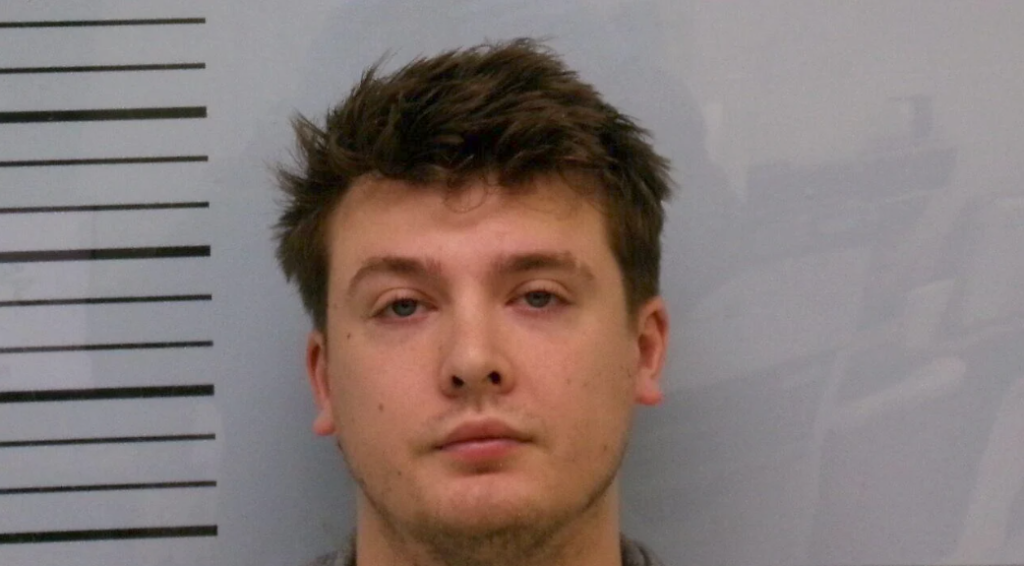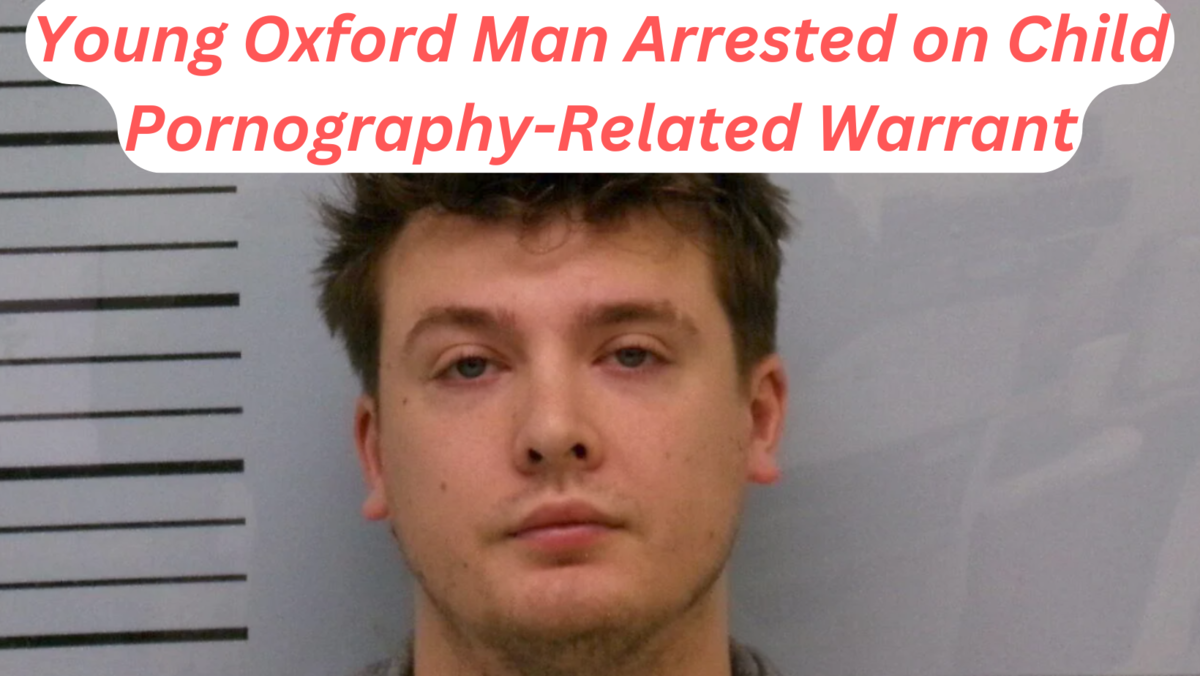Young Oxford Man Arrested on Child Pornography-Related Warrant: OXFORD, Miss. (WTVA) — Oxford Police arrested 23-year-old Chasyn Bowers on Wednesday, Nov. 6, on a child pornography-related warrant. Details remain limited, but the case stems from a tip received on Oct. 25, which led investigators to obtain multiple search warrants across various online platforms.
Legal Framework for Child Pornography Cases in the U.S.
Child pornography offenses are taken extremely seriously under U.S. law, with stringent federal and state penalties in place to protect minors from exploitation. Here are some of the key legal frameworks and penalties involved in such cases:
1. Federal Child Pornography Laws
The production, distribution, and possession of child pornography are illegal under U.S. federal law. Key statutes include:
- 18 U.S.C. § 2251: Criminalizes the sexual exploitation of children, which includes producing or facilitating the production of child pornography.
- 18 U.S.C. § 2252A: Covers the distribution, receipt, and possession of child pornography, with severe penalties for offenders, including potential prison sentences of 15 to 30 years for production or distribution offenses.
- 18 U.S.C. § 1466A: Prohibits obscene visual representations of minors involved in sexually explicit conduct, covering both digital and printed materials.
Federal law also mandates that individuals convicted of certain child exploitation offenses register as sex offenders under the Sex Offender Registration and Notification Act (SORNA).

2. State Laws on Child Pornography in Mississippi
Mississippi has its laws addressing child exploitation, which often mirror federal statutes but can vary in sentencing and specific classifications. Under Mississippi law:
- Mississippi Code § 97-5-33: Criminalizes the possession, distribution, and creation of child pornography. Convictions can result in sentences ranging from 5 to 40 years, depending on the specifics of the offense.
- Mississippi Code § 97-5-27: Covers the dissemination of obscene material to minors and may be applicable if minors are found to be directly impacted by a suspect’s actions.
Mississippi law often applies penalties consecutively, meaning offenders may face long sentences if multiple charges are filed.
3. Digital Evidence and Search Warrants
In child pornography investigations, search warrants are a critical tool for law enforcement. They allow authorities to obtain and review digital records from internet service providers (ISPs), social media platforms, and cloud storage services.
Since much of the evidence in these cases is digital, the Electronic Communications Privacy Act (ECPA) and Stored Communications Act (SCA) guide how law enforcement can access electronic records. These acts require law enforcement to establish probable cause before accessing an individual’s online accounts, ensuring a balance between privacy rights and the need for investigation.
Sentencing and Rehabilitation
Child pornography cases often carry mandatory minimum sentences, with the length varying depending on the nature of the offense and whether there was intent to distribute or produce the content. Rehabilitation is typically required for convicted offenders, which may include therapy and monitoring through programs designed for sex offenders.
Additionally, those convicted of child pornography-related offenses must comply with SORNA guidelines, which ensure that offenders are registered in a national database to alert communities and law enforcement agencies. This registration often lasts for life, especially in cases involving the exploitation of minors.
Privacy Concerns and Civil Liberties
In the digital age, balancing privacy rights with child protection laws is an ongoing challenge. Civil liberties groups sometimes raise concerns about the scope of search warrants and potential overreach in surveillance. However, courts generally prioritize child protection in these cases, allowing significant investigative leeway when minors are potentially at risk.
This additional context provides a broader view of the legal aspects surrounding child pornography cases in the U.S., helping readers understand the seriousness of the charges and the robust legal measures in place to protect minors.
